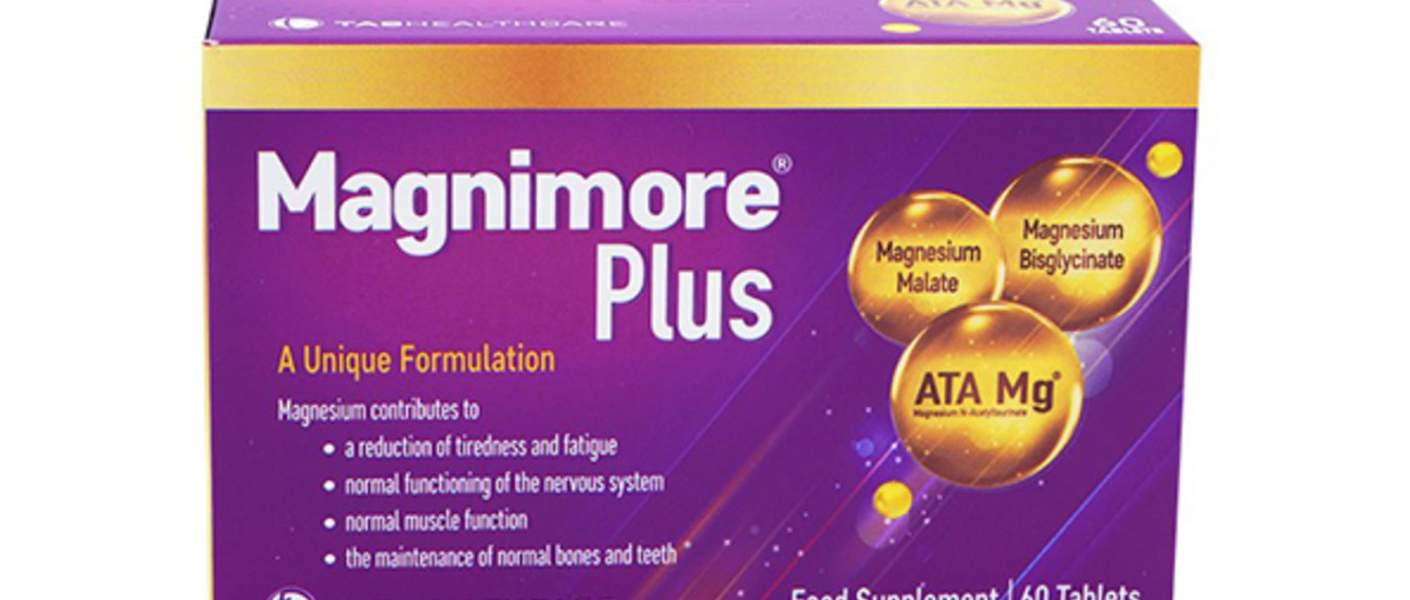
Welcome to our comprehensive guide on using magnesium for treating migraines. In this article, we will delve deep into the science behind magnesium, its importance for overall health, and its effectiveness in preventing and treating migraines. We also address the various forms of magnesium supplements, recommended dosage, potential side effects, and present case studies of individuals who have successfully managed their migraines with magnesium supplementation.
Magnesium is an essential mineral that plays a crucial role in numerous biochemical reactions in the body. It is involved in nerve function, muscle contraction, regulation of blood pressure, and the production of energy. Additionally, magnesium is essential for the synthesis of DNA and proteins, as well as the maintenance of healthy bone structure.
Research has suggested a potential correlation between magnesium deficiency and migraines. People who suffer from migraines often exhibit lower levels of magnesium in their blood compared to those who do not experience migraines. Studies have also shown that magnesium deficiency can trigger various neurological and vascular changes that may contribute to migraines.
Magnesium acts as a natural calcium channel blocker, reducing excessive excitability of nerves and muscles. In cases of magnesium deficiency, this regulation may be disrupted, resulting in heightened sensitivity to pain and the onset of migraines. Furthermore, magnesium deficiency can affect blood vessel tone and promote inflammation, which are also factors implicated in migraines.
The recommended daily intake of magnesium for adults is around 400-420 mg for men and 310-320 mg for women. However, some studies suggest that higher doses may be necessary for migraine prevention and treatment. It is essential to consult with a healthcare professional to determine the appropriate dosage based on individual needs and medical history.
There are various forms of magnesium supplements available, including magnesium oxide, citrate, glycinate, and more. Each form has different bioavailability and absorption rates. For migraine management, magnesium malate and glycinate are commonly recommended due to their higher absorption rates.
Magnesium malate and magnesium glycinate are two of the most popular forms of magnesium supplements. Both forms are highly bioavailable, meaning that they are well-absorbed by the body.
Magnesium malate is a combination of magnesium and malic acid. Malic acid is a naturally occurring organic acid that is found in many fruits and vegetables. It is thought to help improve the absorption of magnesium.
Magnesium glycinate is a combination of magnesium and the amino acid glycine. Glycine is a calming amino acid that can help to reduce anxiety and stress. It is also thought to help improve the absorption of magnesium.
Both magnesium malate and magnesium glycinate are safe and well-tolerated by most people. However, some people may experience side effects such as diarrhea, nausea, and stomach cramps. If you experience any side effects, reduce the dose or switch to a different form of magnesium.
Both magnesium malate and magnesium glycinate are effective in reducing the frequency and severity of migraines. However, some people may find that one form is more effective for them than the other.
If you are new to taking magnesium supplements, it is recommended to start with a low dose and gradually increase the dose until you see results. It is also important to talk to your doctor before starting any new supplements, especially if you have any underlying health conditions.
The onset of relief from migraines after starting magnesium supplementation can vary among individuals. Some people experience relief within a few days, while for others, it may take several weeks. Consistency in taking the recommended dosage is crucial for attaining optimal results.
Magnesium is an essential mineral that plays a role in over 300 biochemical reactions in the body. It is involved in muscle contraction, nerve signaling, blood sugar control, blood pressure regulation, and bone health. Magnesium is also important for energy production, immunity, and brain function.
Magnesium is also important for detoxification. It helps to remove heavy metals and other toxins from the body. Heavy metals are toxic metals that can accumulate in the body over time and cause health problems, including migraines.
Magnesium supplements can help to improve detoxification and reduce the risk of chronic diseases, including migraines.
If you are taking magnesium supplements for detoxification and migraines, it is important to take a form of magnesium that is highly bioavailable, meaning that it is well-absorbed by the body. Magnesium glycinate and magnesium citrate are two of the most bioavailable forms of magnesium.
It is also important to start with a low dose and gradually increase the dose until you see results. A typical dose for detoxification and migraines is 400-600 mg per day.
In addition to taking magnesium supplements, there are a few other things you can do to support detoxification and reduce the frequency and severity of migraines:
When taken within the recommended dosage, magnesium supplements are generally safe for most individuals. However, higher doses can cause gastrointestinal side effects, such as diarrhea and stomach cramps. People with kidney problems should be cautious and consult a healthcare professional before starting magnesium supplementation.
Magnesium supplementation has shown promise in the prevention and treatment of migraines. While more research is needed to fully understand the mechanisms involved, evidence suggests that addressing magnesium deficiency may offer relief to individuals suffering from migraines. It is essential to consult with a healthcare professional before starting any supplementation regimen to ensure personalized dosage and minimize potential interactions with other medications.
Remember, a healthy lifestyle, including a balanced diet, regular exercise, and stress management, can also contribute to overall well-being and potentially reduce the frequency and severity of migraines.
Disclaimer: Magnimore® Plus is not a substitute for professional medical advice. Always consult with a healthcare professional before taking any new supplement, especially if you have any underlying health conditions or are taking any medications. This product is not intended to diagnose, treat, cure, or prevent any disease.
Magnesium has been scientifically proven to be a cofactor in the essential function of more than 300 enzymes in the human body. You simply won’t feel right without it.